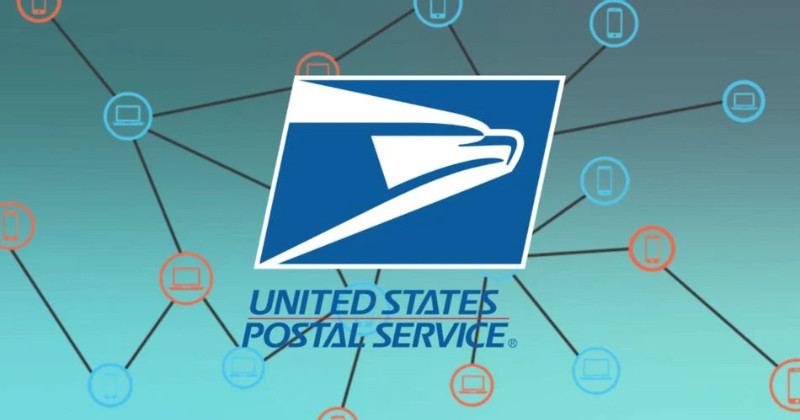The U.S. Postal Service has confirmed that it was testing a blockchain-based mobile voting system ahead of the 2020 Presidential election.
- Ethereum Set to Undergo Shanghai Update in March, Here’s What It Means
- Rumor: BlockFi Is Laying Off Workers and Exploring Bankruptcy
- Will Google Labs Eat Up the Bitcoin Cryptocurrency and Blockchain Space in 2022?
The United States Postal Service has confirmed that it was actively testing a blockchain-based mobile voting system ahead of the 2020 election. While blockchains are often associated with cryptocurrencies, the technology is the driving force behind many relatively mainstream digital products and offerings, such as NFT marketplaces, music royalty tracking, and more. However, validating electoral votes using a digital ledger would have certainly been a novel concept had it been green-lighted by the USPS.
While using blockchain for a mobile voting system would have been an enormous leap for the U.S. electoral system in terms of technology, it might have also given rise to even more conspiracy theories that spread like wildfire following the elections. For the vast majority of the electorate, blockchain is a difficult concept to grasp at the best of times. When combined with the acutely partisan politics that ails America in the twenty-first century, it is easy to see why this could have been a massive controversy, even from people who are not keen on conspiracy theories.
According to the Washington Post, the U.S. Postal Service tested a blockchain-based mobile voting system in 2019, before ditching the idea after cybersecurity researchers discovered multiple flaws in the system. Per the report, the system was put on test in a mock election at the University of Colorado at Colorado Springs. However, it failed to stand up to the test, with the researchers easily able to impersonate voters and tamper with the underlying validation system. The system was also reportedly susceptible to denial-of-service (DoS) attacks and allowed attackers to undermine voters' privacy.
The USPS Abandoned The Project In 2019
With a list of flaws this long, it is no wonder that the U.S. Postal Service gave up the ghost and decided to stick to the traditional system. Speaking to WP, Shawn M. Emery, one of the researchers and a cybersecurity Ph.D. candidate at the university, said that the system created more problems than it solved. According to him, the fact that it took just three researchers in a University campus to poke so many holes at the system suggests that a malicious nation-state with much greater resources could have broken into the system "in multiple ways." Following the rather stern verdict of the cybersecurity researchers, the USPS abandoned the project more than a year before the 2020 election,
While the USPS did not go ahead with the new system, election security officials have already expressed their dismay at the report. They say that the tests' secrecy could further erode people's faith in the electoral process and fuel even more conspiracy theories. According to Matt Masterson, a former senior adviser to the Cybersecurity and Infrastructure Security Agency, transparency must be the single biggest priority for election-related tests, especially when working on new technology. As for the Postal Service, it said that the blockchain-based system was an attempt to serve the needs of its customers better. However, it also confirmed that it doesn't want to use this technology going forward.






